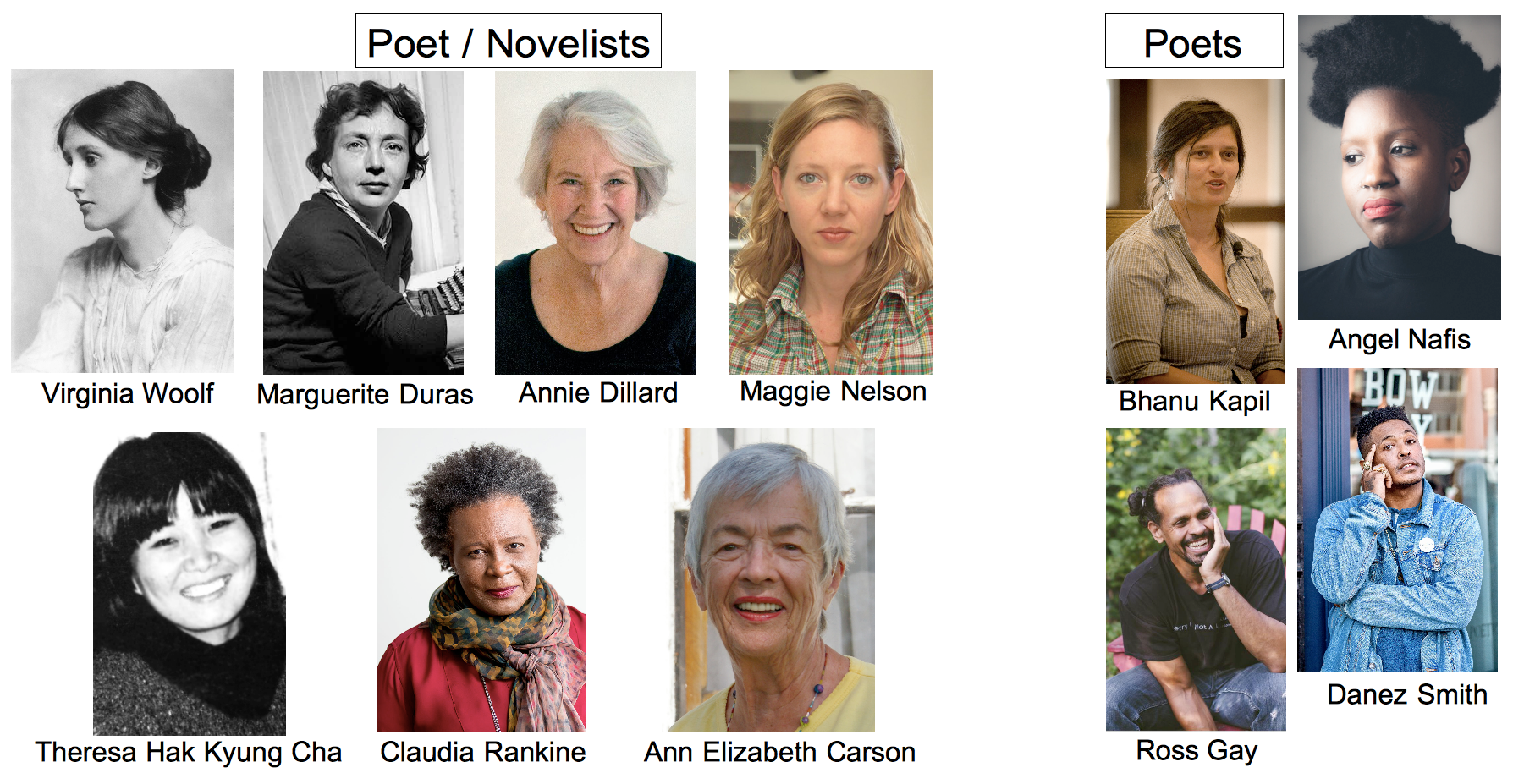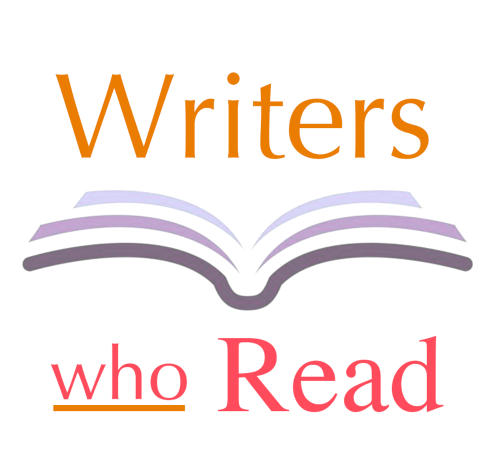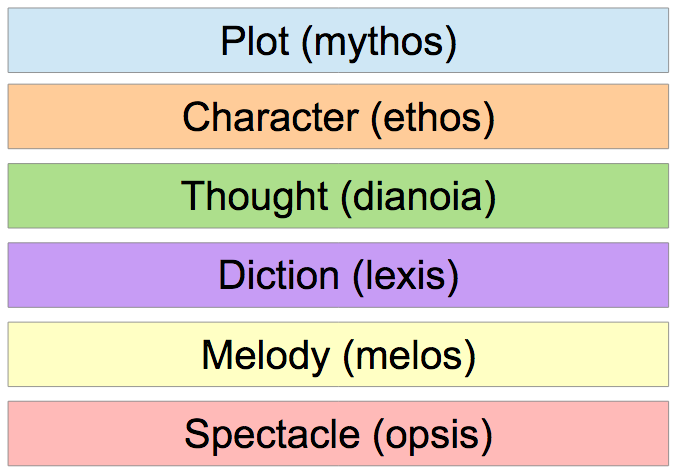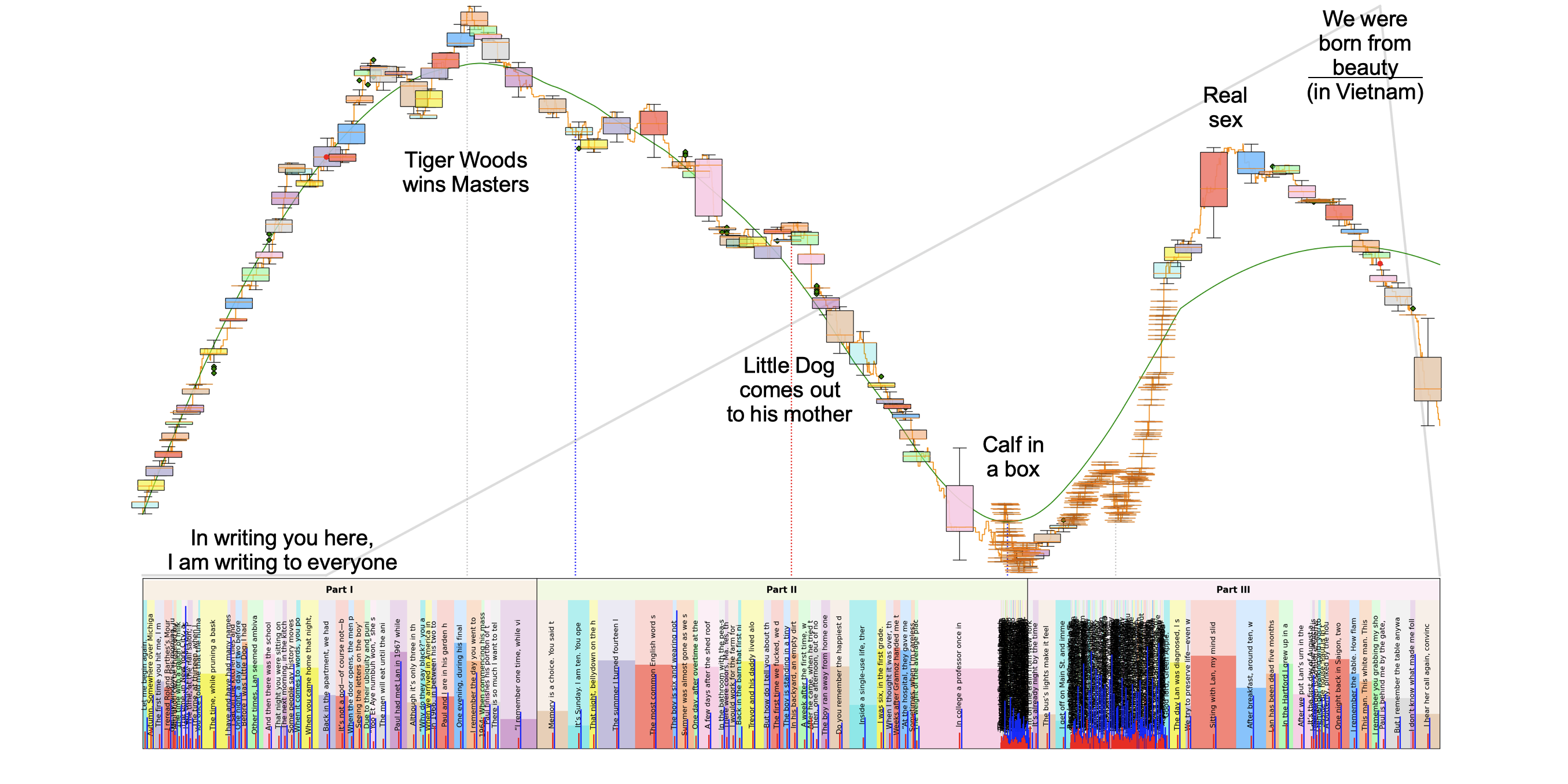Agenda
- Why We're Here / Roundtable Rules
- Introduction to Literary Forensics
- Group Discussion
- Further Study
Why We're Here
We writers want to improve our craft
by reading like a writer
We learn from each other
using Literary Forensics
Roundtable Rules
Always refer back to the book
Practice active listening & serendipity
Every feeling and observation is valid...
but not every conclusion
Always refer back to the book
Reading Teaches Writing
Today's author: Vương Quốc Vinh
- Born October 14, 1988 (age 31)
- Ho Chi Minh City, Vietnam
- Studied
- Brooklyn College, City University of New York
- - under poet and novelist Ben Lerner
- Teaches
- University of Massachusetts at Amherst
- - assistant professor in the MFA Program for Writers
- Recipient of:
- Ruth Lilly/Sargent Rosenberg fellowship (2014), The Pushcart Prize (2014),
T.S. Eliot Prize (2017), MacArthur Fellowship (2019)
"In this culture we celebrate boys through the lexicon of violence . . . What happens to our men and boys when the only way they can evaluate themselves is through the lexicon of death and destruction? . . . I think it is inevitable that we arrive at a masculinity that is toxic."
- Ocean Vuong
"For queer bodies . . . we never got the conversation about the birds and the bees. We have to fail into pleasure. And that failure builds upon itself towards self-knowledge . . . [In the book] sex returns again and again, not as something they get over with, but something that they use to discover and learn about each other."
- Ocean Vuong
Ocean Vuong @ The Strand Bookstore - June 7, 2019 [25:29-29:20]
What do you feel?
What in the book elicited that feeling?
Every feeling and observation is valid...
but every conclusion should be questioned
We practice serendipity
- nothing is too crazy
Always refer back to the book
What do you notice?

Kishōtenketsu has 4 parts
- Introduction (ki): introducing characters, era, and other important information for understanding the setting of the story.
- Development (shō): follows leads towards the twist in the story. Major changes do not occur.
- Twist (ten): the story turns toward an unexpected development. This is the crux of the story, the yama (ヤマ) or climax. In case of several turns in the narrative, this is the biggest one.
- Conclusion (ketsu), also called ochi (落ち) or ending, wraps up the story.
- The kishōtenketsu form is used frequently in the anime movies of Hayao Miyazaki and his Studio Ghibli.
- Matsuo Bashō
- The most famous poet of Japan's Edo period
- Wrote Oku no Hosomichi, translated as The Narrow Road to the Deep North
A Few Terms
- prax·is \ˈpraksə̇s\ noun, plural prax·es \-kˌsēz\ [REVISED] [Medieval Latin, from Greek, doing, action, from the stem of prassein, prattein to pass through, experience, practice + -sis —more at PRACTICAL] First known use: circa 1586 (sense 1)
- 1 : ACTION, PRACTICE: such as a : exercise or practicing of an art, science, or skill b : usual or conventional conduct : HABIT, CUSTOM
- 2 : practical application of a theory
- Structuralism was an intellectual movement in France in the 1950s and 1960s that studied the underlying structures in cultural products (such as texts) and used analytical concepts from linguistics, psychology, anthropology, and other fields to interpret those structures. Structuralism posits the concept of binary opposition, in which frequently used pairs of opposite but related words (concepts) are often arranged in a hierarchy.
- Examples: Enlightenment/Romantic, male/female, speech/writing, rational/emotional, signified/signifier, symbolic/imaginary.
- Post-Structuralism (Deconstructionism) argues that to understand an object (e.g., a text), it is necessary to study both the object itself and the systems of knowledge that produced the object.
- Roland Barthes was both a Structuralist and a Post-Structuralist
from Poetics by Aristotle - [D]econstructionist" and "poststructuralist" mean the same thing, by the way: "poststructuralist" is what you call a deconstructionist who doesn't want to be called a deconstructionist"
- David Foster Wallace
And you thought you understood the definition of Metaphor? HA!
- Metaphor can be traced to Aristotle's Rhetoric and Poetics
- Conceptual Metaphor in cognitive linguistics, refers to the understanding of one idea, or conceptual domain, in terms of another
- The Linguistic Society of America has argued that "the most recent linguistic approach to literature is that of cognitive metaphor, which claims that metaphor is not a mode of language, but a mode of thought. Metaphors project structures from source domains of schematized bodily or enculturated experience into abstract target domains.
- [GMcB: think Colonialism]
- Metaphoric Criticism is one school of Rhetorical Analysis used in English and speech communication studies. Scholars employing metaphoric criticism analyze texts by locating metaphors within texts and evaluating those metaphors in an effort to better understand
ways in which authors appeal to their audiences.
- met·a·phor \ˈmetəˌfȯ(ə)r\
- : a figure of speech in which a word or phrase denoting one kind of object or action is used in place of another to suggest a likeness or analogy between them (as in the ship plows the seas or in a volley of oaths ) : an implied comparison (as in a marble brow ) in contrast to the explicit comparison of the simile (as in a brow white as marble ) — compare TROPE
Ocean Vuong @ NYU Brooklyn - December 19, 2019 [52:30-end]
Vuong on Auto-Fiction
About James Baldwin's Go Tell it on the Mountain: "Baldwin said he had to write that book in order to write anything else, and that made perfect sense to me."
"(T)he great power of writing is ... when you can take your story and present an alternative future for where it was headed. You ultimately take control of your life.”
On Earth We're Briefly Gorgeous - Stats
- Marketing: LGBT Literary Fiction, LGBT Coming of Age Fiction, Asian American Literature & Fiction
- Genres: Literary Fiction
- Genre: Realistic, Present Day, Arch-Plot Long-Form
- Word count: 62,635
- Print Pages: 256
- Tense: Present
- POV: 1st: Little Dog; 3rd: "the boy"
- Publish date: June 4, 2019
- Publisher: Penguin Press
- Awards: Washington Post 10 Best Books of 2019, National Book Award Nominee for Fiction (2019), Kirkus Prize Nominee for Fiction (2019), The Center for Fiction First Novel Prize: Short List
- Amazon Best Sellers Rank: #1 - LGBT Literary Fiction (Books)
- #1 - LGBT Coming of Age Fiction (Books)
- #2 - Asian American Literature & Fiction
Influences

“...the book, and my thinking, moves like a Spiral...; I keep returning, double-checking...and that comes from having a very complicated history.” - Ocean Vuong




